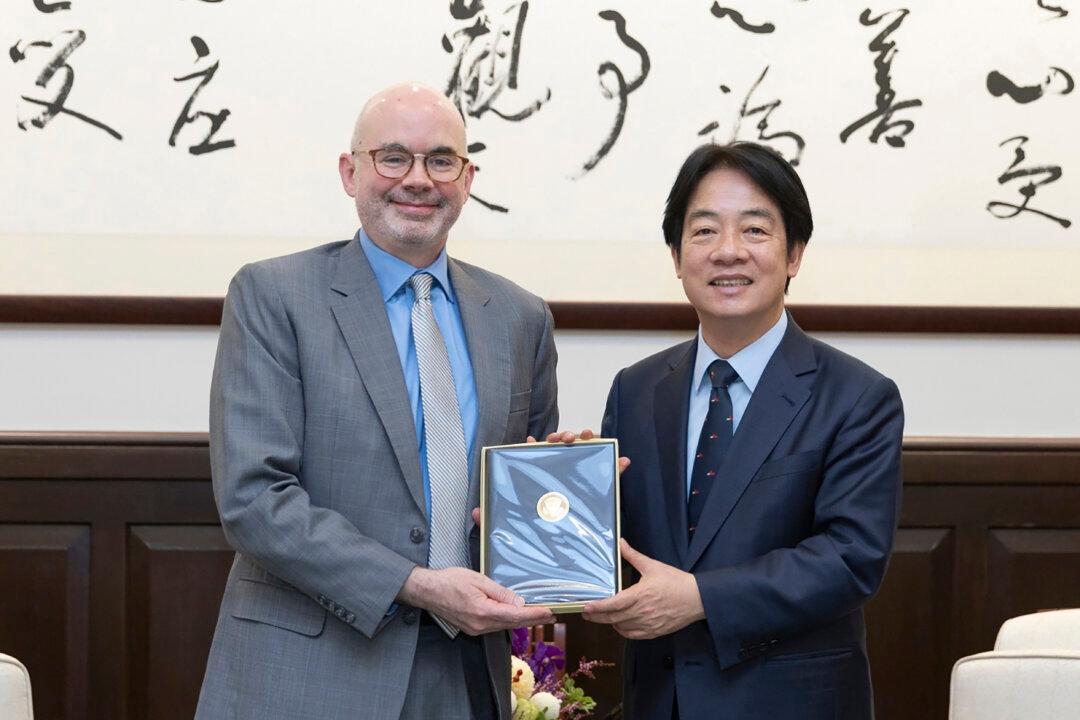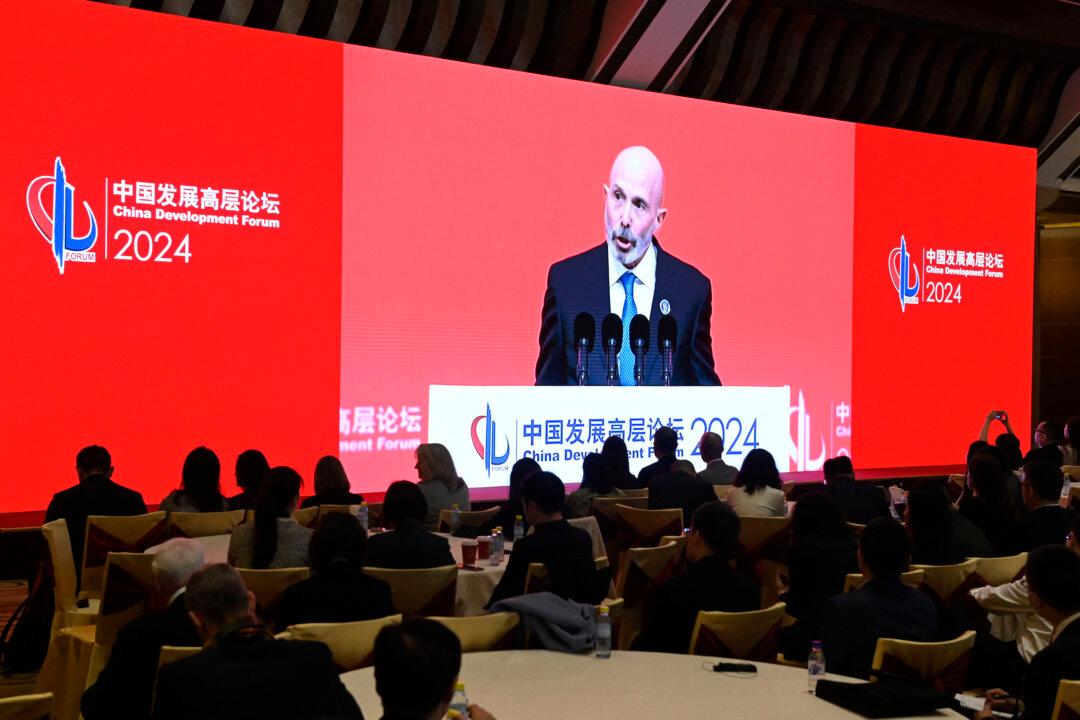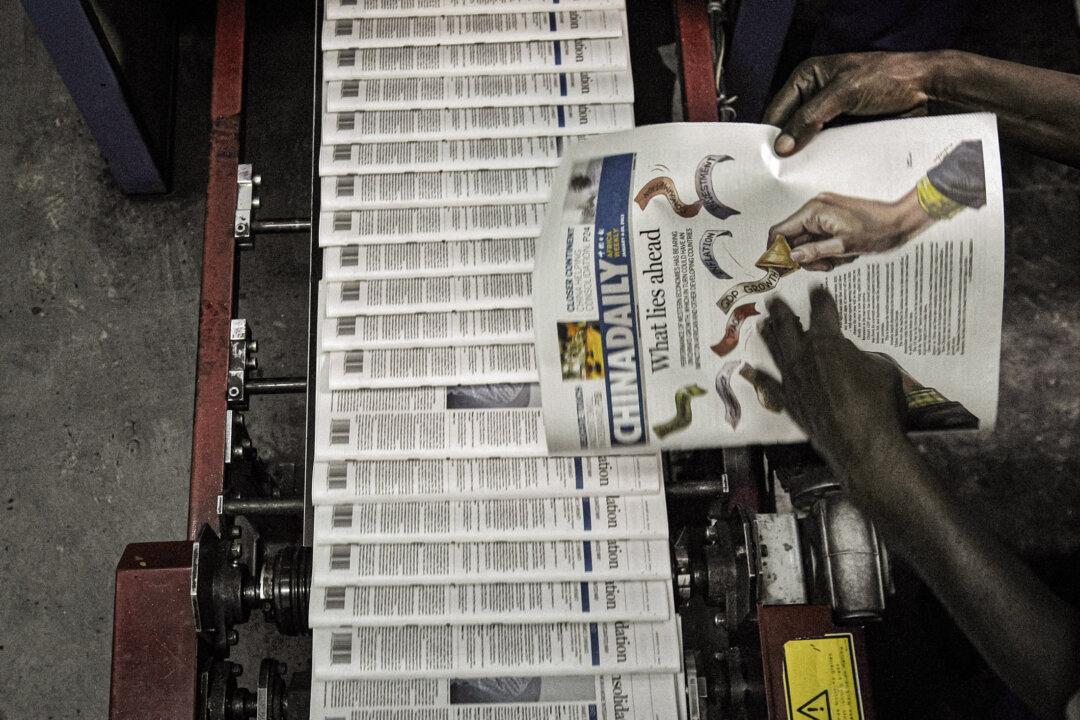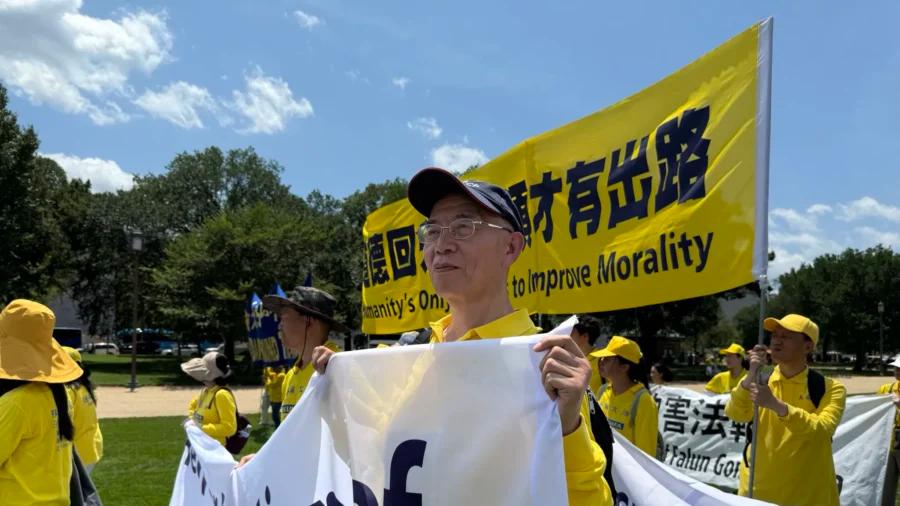Washington’s newly appointed top diplomat to Taiwan has vowed to strengthen U.S. ties with Taipei and affirmed support for Taiwan’s ability to defend itself amid increasing threats from China’s communist regime.
Raymond Greene, the newly appointed de facto U.S. ambassador to Taiwan, conveyed those messages on July 10 at a meeting with the self-ruled island’s president, Lai Ching-te.





